Increasing access to women in the science, technology, engineering, and mathematics fields is vital for America to respond to today’s economic, infrastructure, and environmental challenges.
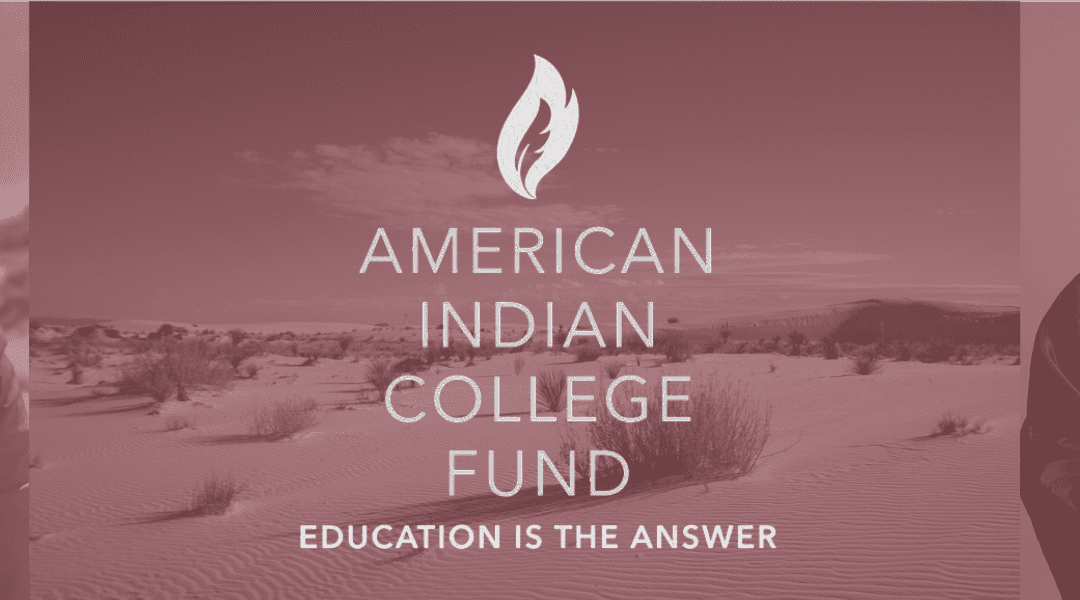

Increasing access to women in the science, technology, engineering, and mathematics fields is vital for America to respond to today’s economic, infrastructure, and environmental challenges.

Native American college students have unique needs and challenges in higher education. Navigating their developing career paths while honoring their indigenous identities and communities is no different.
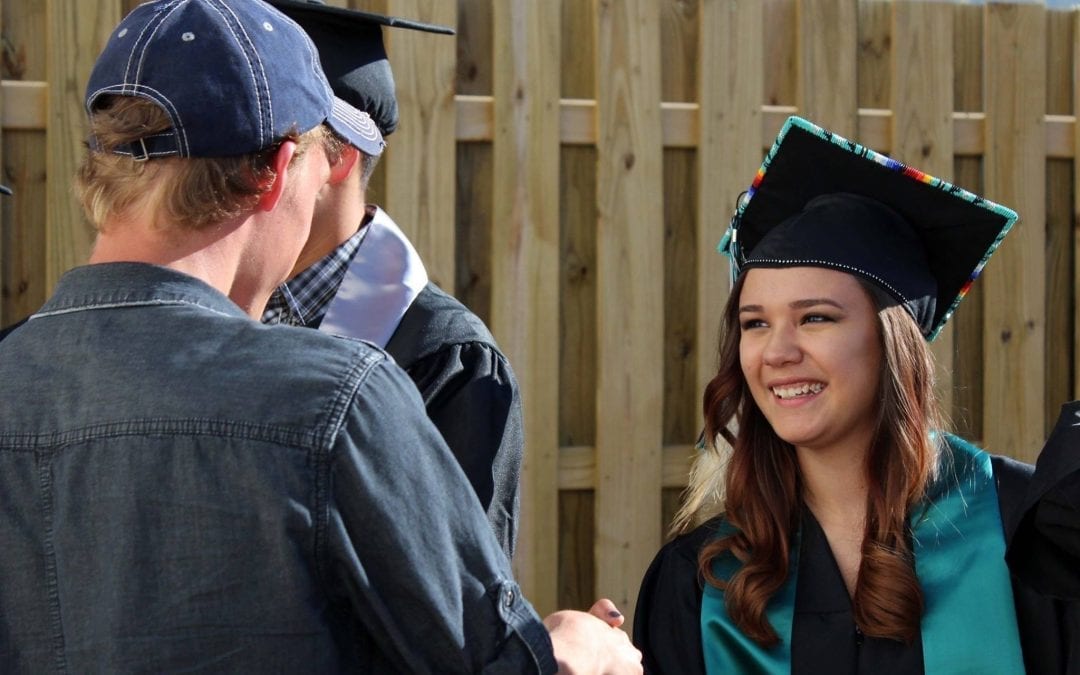
Growing up, my parents always taught me that my education is the most important accomplishment in life. My mother never graduated from high school, so she has always pushed my siblings and I to never give up. Now that we are adults and are attending college, my parents are still our motivation.
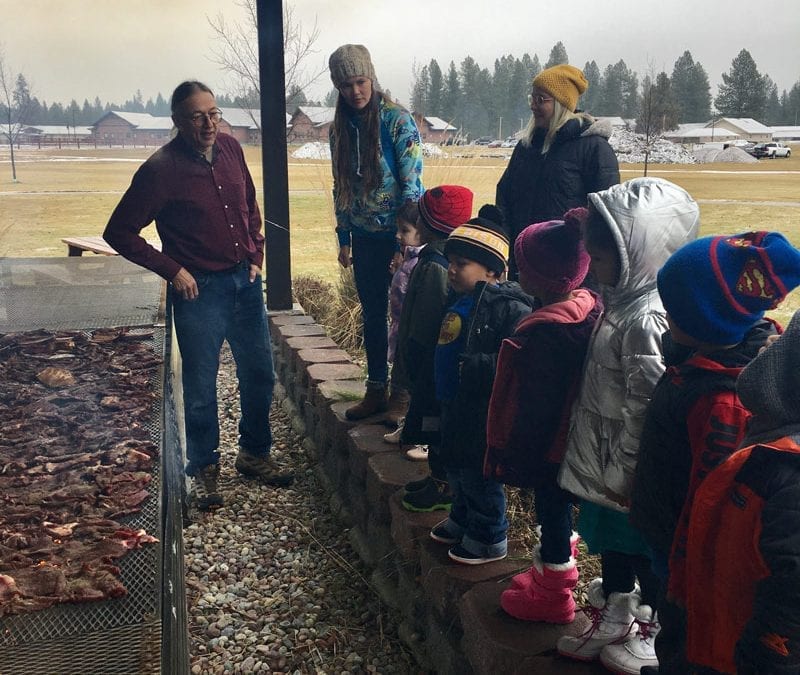
A buzz of excitement masked the chilly fall air as yayas, big sisters, mothers, fathers, brothers, and partners shared intergenerational teachings with young children, families, fellow students, and administrators.
Happy Native American Heritage Month to you!
As we once again take the time to look back and honor our ancestors while at the same time keeping a watchful eye on the future, I find my thoughts drawn to the present.
I have two favorite times of the year: graduation, when we see Native students walk across the stage to receive hard-earned diplomas, and back to school, when we watch a whole new class of students – and returning classes of students – start a brand-new year filled with hope, promise, and positivity.
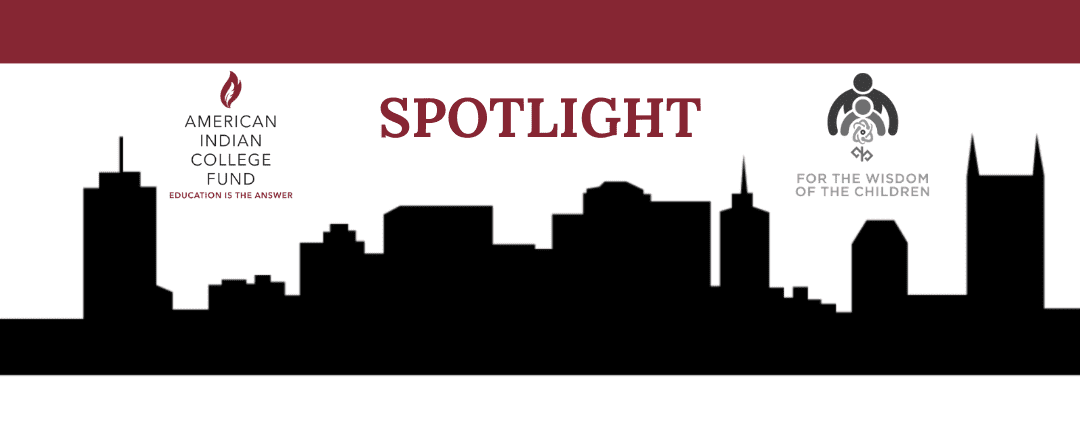
How can we ensure that the work being done at tribal colleges through the American Indian College Fund’s Early Childhood Education (ECE) programming continues to grow and sustain itself?
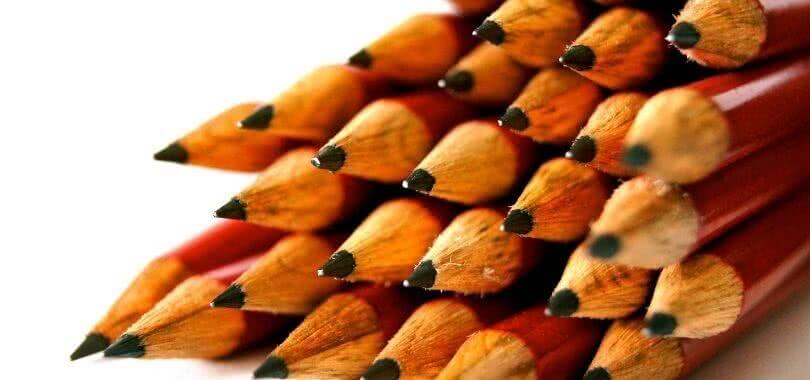
It seems not so long ago it was the start of a new school year, with things just beginning to roll. Students were rushing to get last-minute supplies, such as paper and pencils. Counselors’ schedules were loaded with appointments.